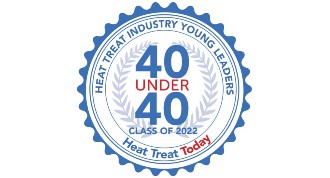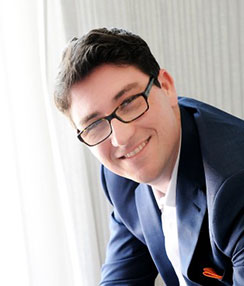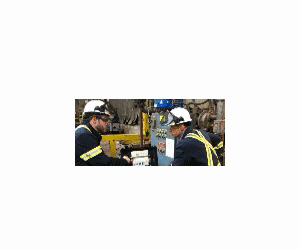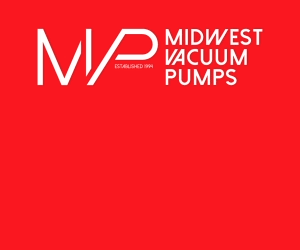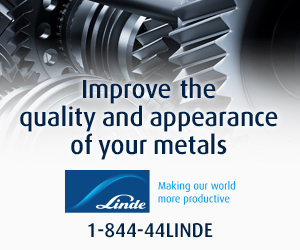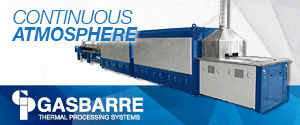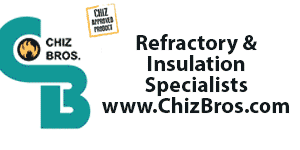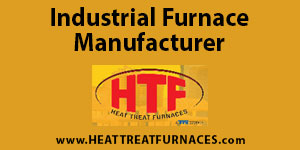Alvaro Mendoza – Heat Treat Today 40 Under 40
After graduate school, Alvaro worked for Firth Rixson Forgings, developing the capability to forge nickel-based superalloys on a brand-new isothermal forge. This development work involved extensive mechanical testing, characterization, and heat treatment work to successfully forge the alloys. Additionally, Alvaro assisted on the conventional forging side of the house. After his time at Firth Rixson Forgings, Alvaro moved on to PCC Structurals in Portland, OR where he worked in a variety of capacities including vacuum melting of superalloys, investment casting, heat treatment, and characterization and testing of superalloys and titanium.
Alvaro has 10 years of post-graduate industry experience. Through his academic and career experiences, Alvaro has been exposed to a wide swath of the aerospace industry and various processes, allowing him to consult in many industries and alloy systems. Ramp and cooling rates, cooling methods, effective recrystallization, and grain size are the most common problems Alvaro addresses. Alvaro has frequently used his characterization experience (metallography, SEM, optical microscopy, and x-ray diffraction) to evaluate the effect of heat treating on the microstructural level. This step is not often used in an industrial setting where meeting specifications and throughput are the norm.
For Alvaro, teaching is a passion. As a teacher's assistant for college classes (ceramics, corrosion, and superalloys), Alvaro has been called upon many times in the industry to give presentations and classes to all levels of employees about metallurgy and how it is fundamental to all manufacturing processes. He has instructed executives, supervisors, engineers, operators, and quality/procurement departments. Several of his presentations focus solely on heat treating.
At Mendoza Metallurgy, Alvaro offers classes in metallurgy and heat treating for all knowledge levels. Alvaro believes there is a fundamental misunderstanding about the role and importance of heat treating in the industry. It is frequently lumped in with other post metal processes and looked at as a step to check off rather than an important process in helping the part reach full potential. Understanding the fundamentals and being able to analyze the reasons for specific heat treating is a skill that is undervalued.
Nominated by: Heat Treat Today




